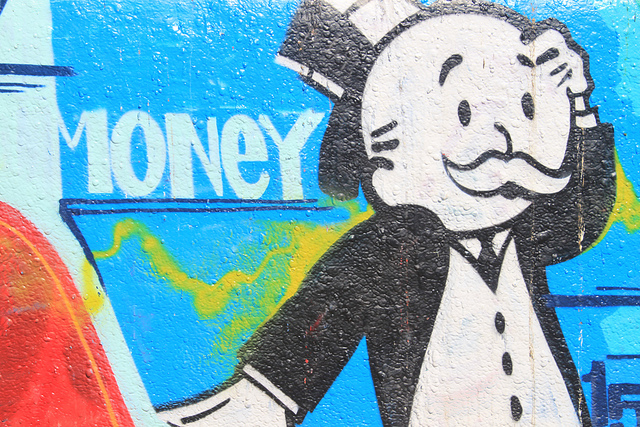
America’s economic elite has a long been criticized for being ostentatious or showy, assumed to be constantly flaunting their wealth through fast cars, big houses, and lavish lifestyles. But a recent article in The New York Times by sociologist Rachel Sherman debunks some of these generalizations. Through interviews with 50 rich New Yorkers about their consumption patterns, Sherman found that most of her interviewees took steps to hide their wealth, like planning housing decisions and vacations in order to come off as “normal.” Sherman uses this study as a new window into economic equality in the United States, writing,
“The ways these wealthy New Yorkers identify and avoid stigma matter not because we should feel sorry for uncomfortable rich people, but because they tell us something about how economic inequality is hidden, justified and maintained in American life.”
Sherman’s interviewees often expressed a need to feel “ordinary,” even though their wealth enables a much more lavish lifestyle. Some went to surprising ends in an attempt to portray this normality, such as removing price tags from food, clothes, or furniture to ensure their employees could not see the cost. Some went even further — one interviewee changed her mailing address so her penthouse location would not be identifiable. In the aftermath of the Great Recession, the super-rich appear to be extra careful to avoid the “moral stigma” attached to their spending. Due to this stigma, some of the interviewees referred to themselves as “middle-class,” minimizing their financial situations in comparison to the even wealthier. Sherman notes that this distancing has broader implications,
“Ambivalence about recognizing privilege suggests a deep tension at the heart of the idea of American dream. While pursuing wealth is unequivocally desirable, having wealth is not simple and straightforward. Our ideas about egalitarianism make even the beneficiaries of inequality uncomfortable with it.”
Sherman’s work shows how discomfort around inequality permeates throughout American society. While acknowledgement of privilege is a key first step in addressing these issues, tensions lie deeper than ambivalence or confusion about one’s status. Sherman’s work suggests that it is essential to address not only ignorance, but also society-wide silence, in efforts to lessen inequality.

Comments